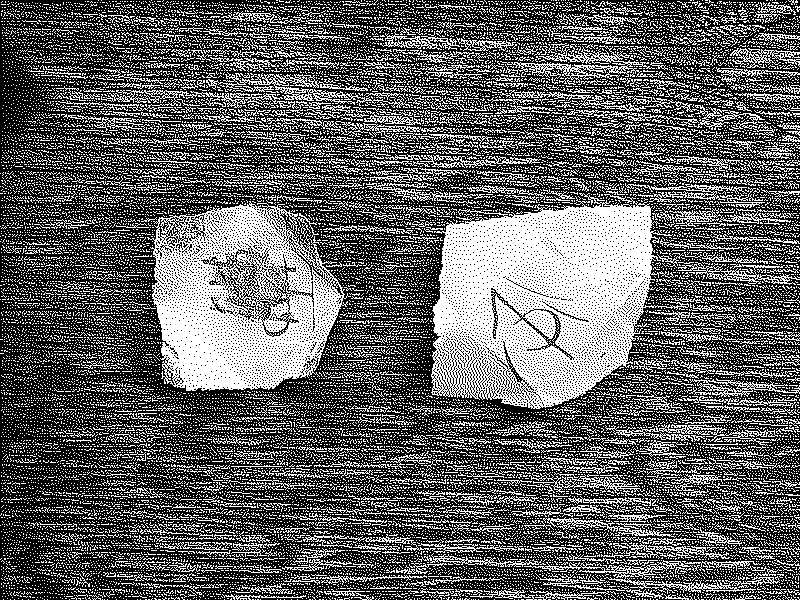Table of contents
What are sigils
Austin Osman Spare
Intuitive Sigils
Word Method
Rose Cross Method
Planetary Square Method
My own sigil work
Links and References
What are sigils
A sigil, in it’s simplest form is a type of symbol used in a magical or ritual practice. The term sigil derives from the Latin sigillum, meaning “seal” which becomes clear when looking at the seals in the Key of Solomon for example. They are used in a wide array of occult traditions from ceremonial magic, chaos magic, witchcraft, Thelema and Golden Dawn amongst others. I’m even inclined to see runes and Icelandic staves as some kinds of sigils in the way they were drawn and used. Runes are more than letters and refer to larger ideas and were used as magical signs and to write spells 1 .
“sigils are monograms of thought”
- Austin Osman Spare
What makes sigils different than letters or purely symbolic images is their connexion to a magical intent or entity. Their ability to contain and channel will is what makes them so special and interesting to me, and the fact that they are immaterial and can stay in the realm of the mind in visualizations or be inscribed, drawn, tattooed or stamped into an object to become physical.
Austin Osman Spare
The work of Austin Osman Spare, a British artist and occultist informed a lot of what we call sigil magic today. We can see references to his own system to make sigils out of combined letters in contemporary chaos magic. I’m especially interested in how he integrated aspects of Art Nouveau and Symbolism in the characters and symbols he drew, there is something strong that draws me to these types of organic and line-based shapes.
In Spare’s system there are no “correct” or “incorrect” sigils; neither is there a list of ready-made symbols. It is of no import whether a sigil is the “correct” one or not, but it is crucial that it has been created by the magician and is therefore meaningful to him/her. Because s/he has constructed it for personal use, the sigil easily becomes a catalyst of his/her magical desire, and sometimes it will even waken this desire in the first place. 2
Making sigils intuitively
When I started making sigils, I did not know about the different existing methods to draw them from words of intent or from magical squares. I went with an intuitive and personal approach.
The Word Method
This is by far the most common method, one that Spare used quite a lot and probably the one you’ve already heard about it you did any research on making sigils.
Making sigils from a rose cross
Making sigils using planetary squares
Sigils can be drawn using planetary squares. Refer to this page on planetary magic for the squares.
Other practices using Sigils
Donald Michael Kraig has a technique early on in Modern Magick called IOB which is short for Identify, Objectify, Banish. The TLDR on it is find the thing you want to unbind or its root, create a drawing/art/sigil/signifier, do a banishing of your choice taking care to have your stand-in object outside of the field of banishment. Watch the objectified thing whither in your mind’s eye. You can also use this technique to visualize / sense where there are connections to the thing. If it’s bound to you, for example, intuiting where on my body/chakra/whatever it connects and cutting it (again, in visualization).
My own sigil work
As mentioned above, I mostly work with intuitive personal sigils
A sigil for the self, as a signature



“In the field of the truly esoteric, words are the sigils of power that form as the inner world takes outer form. They develop a greater meaning and purpose as we formulate the grand sum of experience into singular flowing points. Even the act of writing is itself a magical act, a ritualistic focusing and a scriptural act of devotion.”